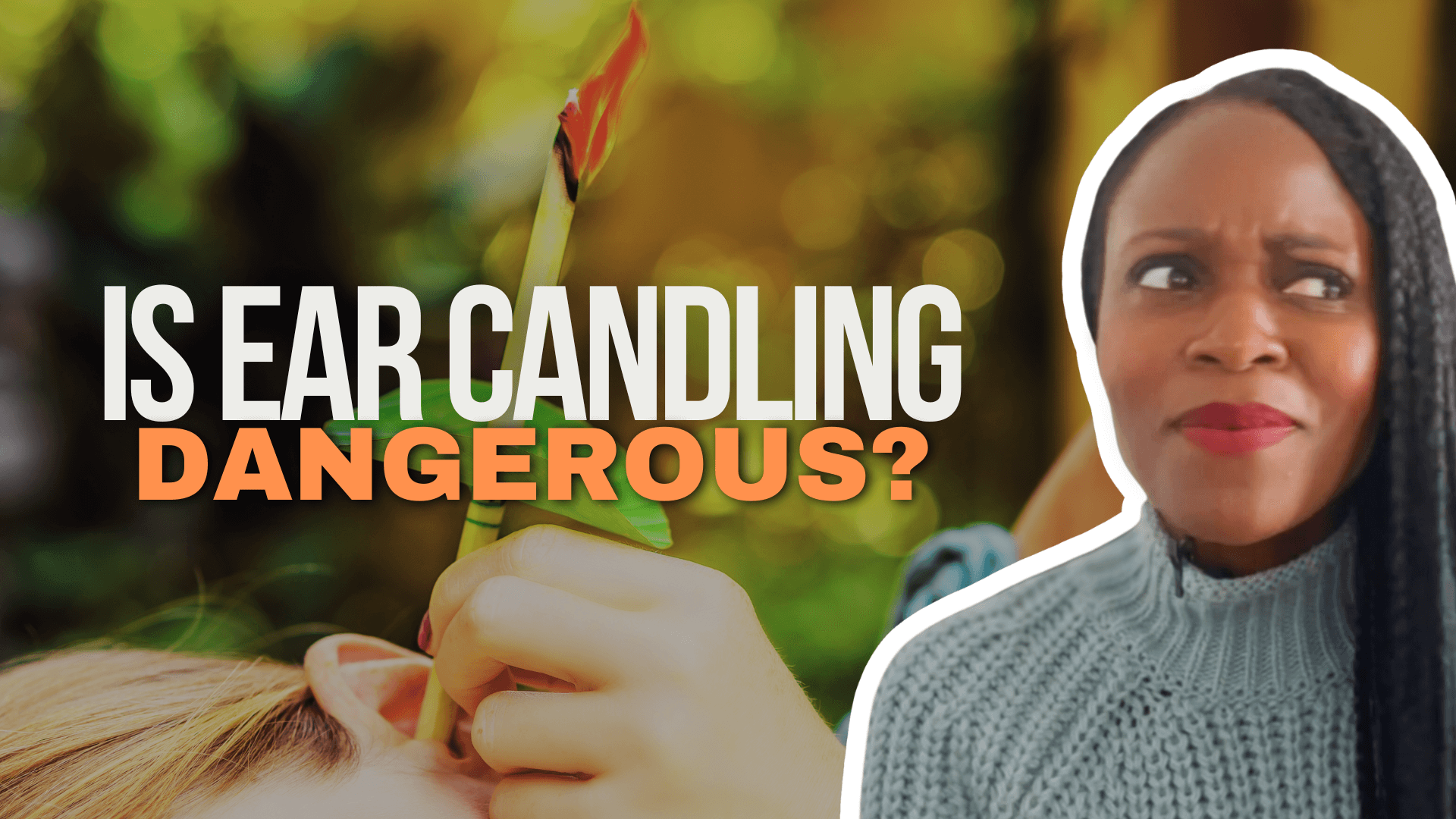- Wellness
Eustress: What It Is, And How You Can Benefit From It

Stress is often seen as a negative thing that we should try to avoid at all costs. But what if there was a type of stress that could actually be beneficial for us? This is where eustress (which is derived from the Greek “eu” meaning “good”) comes in!
What is eustress?
There are two main types of stress that humans experience: distress and eustress. Distress is the kind of stress that we typically think of. As you probably know, it’s the kind that leads to negative physical and mental effects on our health. Eustress is basically the opposite.
But in order to understand eustress, it’s important to first understand what stress is. Stress is the body’s response to any demand placed on it. When we experience stress, our bodies release hormones like adrenaline and cortisol. These hormones prepare our bodies for the fight or flight response.
Now, the stress response is a survival mechanism that can help us quickly respond to dangerous situations. The problem is that our bodies were not designed to handle chronic stress.
Chronic stress is when we experience the stress response on a consistent basis rather than just once in a while.
This can happen when we’re constantly under pressure at work or dealing with difficult life circumstances. When we experience chronic stress, our bodies remain in a state of high alert, which can lead to some serious health problems.
Eustress, on the other hand, is beneficial stress. It’s stepping outside your comfort zone enough to feel challenged and excited without feeling completely overwhelmed.
For example, going on a trip far from home can be stressful because it requires a lot of planning and organization. But traveling can also be incredibly exhilarating and push you to learn and experience things you probably wouldn’t if you stayed at home.
Basically, if you want to grow and live an exciting life, push yourself to experience eustress more often.
Turning stress into a positive experience
So how can eustress be helpful? For one, it can motivate us to take action and get things done. It can also help us feel more alive and excited about life.
Here’s another example: A common stressor among the general population is public speaking. For many, the thought of speaking in front of a large group of people can be daunting or downright terrifying. Maybe that’s you.
But if you’re able to see it as an opportunity to share your ideas and connect with others, it can actually be a positive experience.
When you’re out on the stage, your adrenaline will be pumping and you’ll be focused and alert. You may start off with a shaky voice, sweating palms, and a racing heart. But once you get started and dive into the topic you’re passionate about, you’ll likely find that it’s well worth the effort.
The key is to reframe how you think about stress and not bite off more than you can chew. Rather than seeing stress as something that’s automatically negative, try to see it as a good challenge that can make you stronger.
Eustress as an alternative to mindfulness
As you may know, mindfulness is the practice of being present in the moment and focusing on your breath to reduce stress.
In some ways, you can think of eustress as an alternative to mindfulness techniques when you’re on the go. Eustress allows you to remain focused and present while still being in motion.
For example, if you’re running a race, you’re likely not going to be able to stop and focus on your breath. But you can still be mindful of your body and the sensations you’re feeling. You can focus on the rhythm of your breathing and the feeling of your feet hitting the ground.
Eustress can also be helpful when you’re dealing with a challenging situation. Rather than getting wrapped up in your stress and feeling overwhelmed, eustress can help you stay focused and present.
For another example, let’s say you’re in the middle of a difficult project at work. You may be feeling that you’re in over your head. But if you’re able to focus on the task at hand and the progress you’re making, you’ll likely find that the stress is more manageable – and even, at times, motivating.
The bottom line
Of course, not all stress is created equal. While eustress can be helpful, distress can be harmful. It’s important to be able to identify the difference so that you can manage your stress in a healthy way.
If you’re feeling overwhelmed or think your stress is starting to take a toll on your health, seek help. Talk to your doctor or a mental health professional if you’re struggling to cope. You don’t have to figure everything out on your own, and harmful stress is something that can affect every aspect of your life.
The good news is that knowing about eustress can help you challenge yourself in positive ways – without getting overwhelmed.



